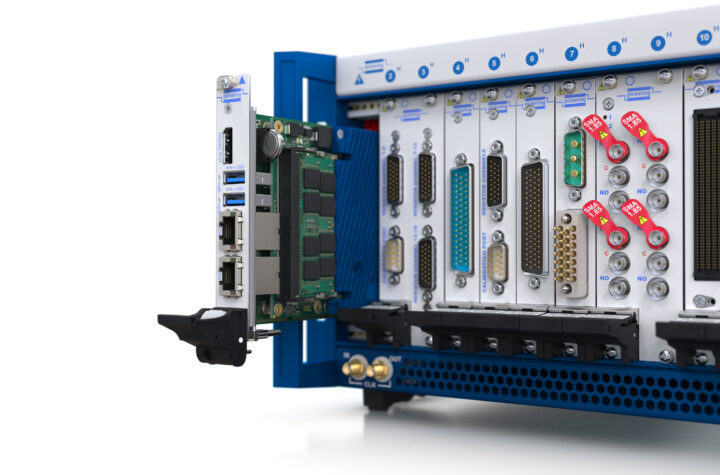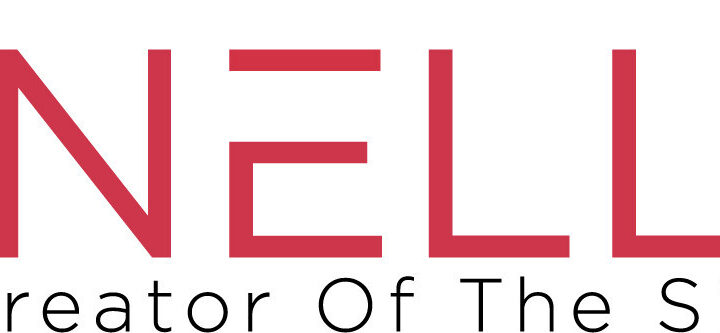
Developers of carbon neutral motor fuel are rising to global challenge of reducing CO2 emissions. The spotlight has fallen cyanobacteria following the signing by Joule Unlimited and Audi of a partnership agreement to commercialize Joule’s unique fuel produced.
A $70 million plant near Hobbs, New Mexico is close to producing ethanol, which will be followed by diesel fuel. Based on a pilot plant in Leander, Texas, outputs when fully operational are projected to be 25,000 gallons per acre per year (gal/acre) of ethanol and 15,000 gal/acre per year of diesel, although production will be at lower levels initially. Joule claims fuel cost including capital expense will be about US$50 a barrel when the operation is at its peak production level. Joule’s expected ethanol yield compares with the reported value 439 gal/acre of corn/year (1.5 gal ethanol has equal energy per 1.0 gal gasoline), and 63 gal/ acre of biodiesel per acre. The remarkable productivity of the Joule system is attributed to secretion of fuel from cyanobacteria.
The process uptakes CO2 at a rate that equals CO2 content of the finished fuel as consumed by diesel engines hence, it is “carbon neutral”. Other advantages of the Joule system include that it produces no aromatics, and no sulfur. There is also no large scale use of biomass and no use of valuable fresh water. A spokesman for the US Environmental Protection Agency (USEPA) recently expressed that agency’s enthusiasm for the Joule fuel, tempered with the caveat “when in commercial production, not just based on successful production at a Joule pilot plant”.
USEPA is further constrained by a Court of Appeals for the DC Circuit action brought by the American Petroleum Institute asking that EPA drop any attempt to stimulate innovative technology for new fuels. It is believed this will not impact the Joule technology which is being developed with private funding. Adding to this, Joule has announced expansion of its staff for the marketing of Joule technology to both domestic and foreign licensees.
An unknown in the race to develop carbon neutral fuels is the status of the large oil companies seeking to gain positions in the production of carbon neutral synthetic fuel for strategic reasons. Development is being conducted for ExxonMobil and BP at SyntheticGenomics (SGI) in San Diego. SGI’s cofounder, J. Craig Venter is credited as the first person to map the human genome. He is said to be convinced that achieving the mass quantities of synthetic fuel needed will require genetic modification of candidate materials. Beyond SGI’s research into ways to make economic synthetic fuel is an objective to define “efficient cost effective ways to create clean drinking water”.














More Stories
Cybord TCI – The Future of Manufacturing Integrity
Automotive Industries (AI) Newsletter October 2024
Getac on AI’s transformative impact on automotive production and aftersales